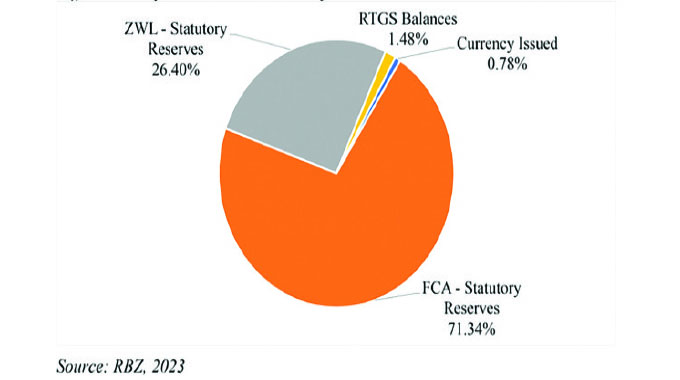Buy Zim to host procurement conference
Kipson Gundani
Buy Zimbabwe in collaboration with the Chamber of Mines of Zimbabwe and MEJRKH Communications and Advisory will host a local procurement conference on February 17 this year.
This conference is coming at a time when the Government of Zimbabwe is undertaking a review of the public procurement system, with a view to developing a decentralised procurement system, an exercise that has been continuing for some time and some basic principles regarding the new system were presented at the State Procurement Board Reforms Workshop that was held in Harare on February 11 2015.
The Government has engaged Crown Agents to prepare proposals for a decentralised system, including preparing drafts of the required legislation and supporting documents.
Whilst the Government is seized with these reforms, it is equally imperative that procurement practices within the private sector are shaped in a manner that confers incremental value to the domestic economy.
More importantly it is significantly important that stakeholders make a thorough input into the public procurement reforms exercise, in order to ensure special interest groups concerns are addressed.
The topical matters that seem to be emerging include the preference of SMEs and women run enterprises in the public procurement as well as deliberate bias towards local procurement so as to support domestic production and growth of the economy.
Apart from looking at public procurement, the conference will put emphasis on private local procurement with a special focus on the mining sector.
The benefits of local procurement exist across all sectors to some extent, but when it comes to the mining sector, the benefits have the potential to grow exponentially due to the sheer volume of purchasing involved.
It is for this reason that creating more backwards supply chain linkages to domestic economies features in the African Mining Vision, adopted by African heads of state in 2009.
The Africa Union’s African Mining Vision 2050 outlines a new resource-based industrialisation and development strategy for Africa, based on downstream, upstream, and side stream linkages.
This vision calls for a deliberate focus on local procurement to ensure mines can become more closely integrated with local economies.
Zimbabwe’s diverse mineral resource endowment offers scope for significant contribution to supporting growth rates target of over 6 percent on an annual basis.
Against that background, enhanced sectoral contribution to the fiscus is a central theme for which there is consensus and convergence of minds between the private sector and Government – which key sectors of the economy need to play an increasing role in recovery, growth and economic development.
The mining sector’s contribution to the economy occurs on several interrelated tracks: contribution to GDP, employment, foreign exchange generation, social infrastructure development and the fiscus.
What is often not included in the discourse on mining sector contribution to the economy is the downstream multiplier effects of all economic activities directly or indirectly deriving sustenance from the mining sector.
From a policy point of view, since early 2009, progressive policies have indeed transformed the production value chain in mining.
Importantly, however, account has to be taken of the cumulative effects of the decade long adverse economic policies; that impacted negatively on the economy and the mining sector in particular.
Too often, not enough of the economic benefits of mineral extraction stay in the host countries and communities where mining actually takes place.
The Mining Procurement goal is to increase the level of local procurement that Zimbabwean companies carry out to improve the development impacts of mining activity.
It is essential that Zimbabwean companies behave responsibly and adhere to regulations and international standards for the benefit of the environment, occupational safety, and human rights.
However, in addition to doing their utmost to minimise negative impacts, companies should also devote resources to maximising their potential positive impacts.
Local procurement is one of these potential positive impacts.
Local spending on goods and services leads to more local jobs and income, transfers skills and technology, and helps to create vital domestic business networks.
And, local procurement is good for the bottom line of mining projects. Increased local spending lowers costs in the long run, and perhaps more importantly, contributes to a company’s social license to operate.
The conference contributes to the debate on the role of local procurement in economic and social development, provides valuable data on public reporting trends across the Zimbabwean mining industry and other sectors, and showcases some of the leading efforts of particular companies for their reporting on local procurement.
Guided by Government’s desire to address the aspirations of the country through a thriving and growing mining industry, the conference aims at looking at ways to maximise benefits derived from investment in mining through local procurement, as indeed, there is a compelling economic argument to support local procurement in Zimbabwe.
Kipson Gundani is the Chief Economist of the Buy Zimbabwe Trust. Feedback on [email protected]






Comments